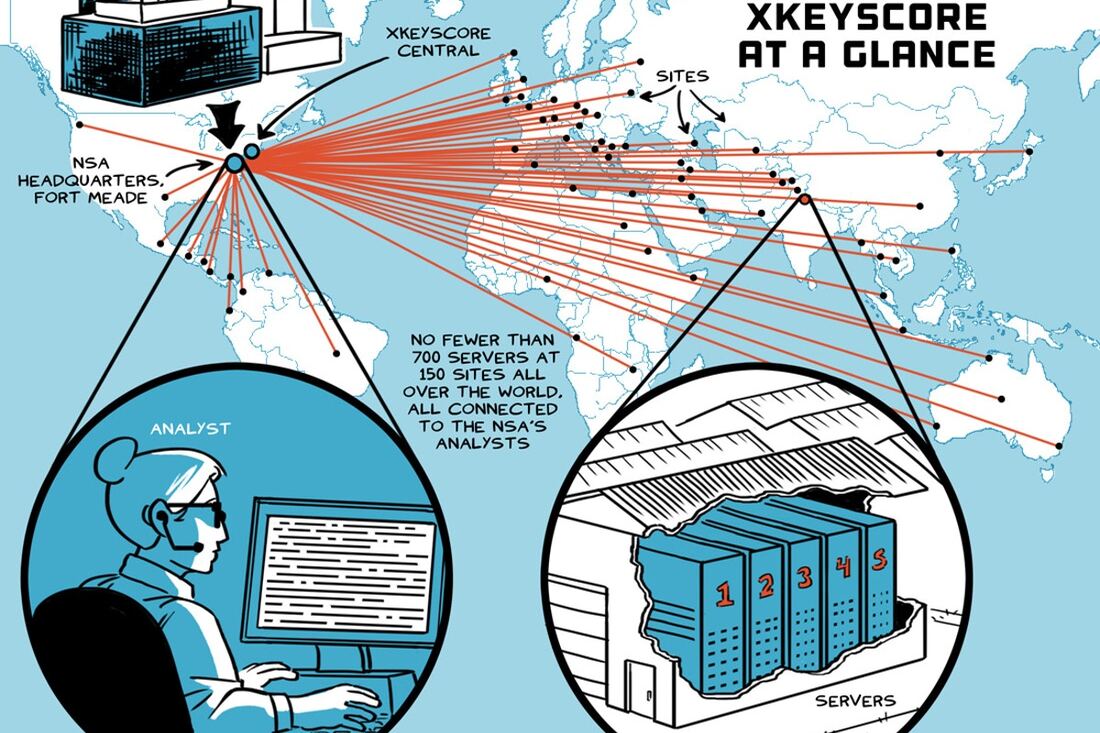|
Media and civil liberties organizations all had the same reaction to the Privacy and Civil Liberties Oversight Board’s (PCLOB) nearly six years-long, “deep dive” into the legal and policy implications of Executive Order 12333 and NSA’s XKEYSCORE program.
Some said that the public version of the report, released in the spring, reads like a Wikipedia article. Others called it a high-school book report. We suggested that next time PCLOB produce a graphic on “How a Bill Is Made.” Now Travis LeBlanc, a Democrat appointed by President Trump to serve on PCLOB, is going public with his dissatisfaction with his colleagues on the PCLOB board. Central to these concerns is XKEYSCORE, an NSA search engine that lets our government extract a person’s social media activity, browsing history and emails, almost at a click, from global datasets. First revealed by Edward Snowden in 2013, XKEYSCORE operates without any Congressional or judicial oversight. Sen. Richard Burr said on the Senate floor that EO 12333 gives the government the power to do whatever it wants, without oversight and “without guardrails.” At least one program in this category, XKEYSCORE, is exempt from oversight by the Foreign Intelligence Surveillance Court or any other body. Here are some choice quotes from LeBlanc’s 10-page memo, which refers to the board members who approved the report in December.
Le Blanc also referred to the longer classified report compiled by PCLOB.
LeBlanc took PCLOB to task for ignoring the most challenging questions in 21st century surveillance policy, including how to govern artificial intelligence and machine learning that guides autonomous collection of massive datasets. With the rise of artificial intelligence, more and more decisions about policy and privacy are being made by machines. Yet PCLOB had nothing to say about that, or about recent Supreme Court rulings on surveillance of geolocation and cellphone data. He raised other issues avoided by PCLOB, such as the “extent to which a machine analysis of U.S. person information triggers Fourth Amendment scrutiny (as opposed to “human-eyes” review).” Most concerning of all, Le Blanc – the only member of the five-member board to vote against approving the report – said the board majority “failed to adequately investigate or evaluate NSA’s collection activities.” The fact remains that years after the Snowden revelations, what might be the world’s most robust surveillance system (at least outside of China) operates without judicial or Congressional oversight, with scant legal analysis. Sen. Ron Wyden told The Washington Post: “I continue to be concerned that Americans still know far too little about the government’s surveillance activities under EO 12333 and how it threatens their privacy.” Comments are closed.
|
Categories
All
|


 RSS Feed
RSS Feed